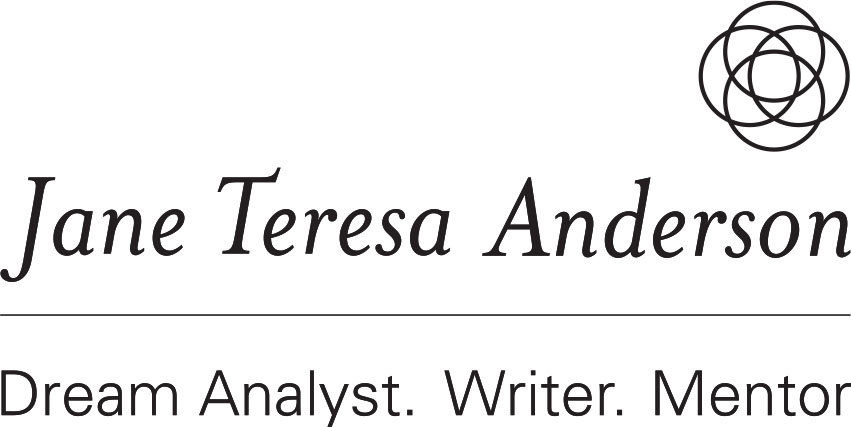It’s a cherished belief of several popular approaches to dream interpretation that only the dreamer knows the meaning of their dream, and that input from others should never involve telling the dreamer what their dream means.
One widespread method advocates sharing a dream with a group of people who then each, in turn, say, “If this were my dream …” and then describe the meaning that they would derive from such a dream if indeed, it were their dream and about their life, not the dreamer’s. It’s a way of acknowledging that we have our different perspectives based on our different experiences so our takes on the same dream will vary, but somewhere along the line the dreamer may resonate with one or more of the expressed views and reach their personal conclusion about the meaning of their dream.
While there are strengths in this method, and especially so if some people in the group have a firm level of training in understanding dreams and can suggestively share their wisdom through their rendition of “If this were my dream …”, it seems to me to lack courage and real commitment to helping the dreamer toward meaningful insight.
It’s all too easy to deny the shadows, challenges, and issues our dreams can reflect by deciding on a positive (and inaccurate) meaning of your dream. It’s enticing. Why go to a difficult place when you can take your dream as an affirmation that you are on the right path, or that the soul mate you met in your dream is waiting for you in life, or that you should make the investment pictured in your dream, or warn a friend about a possible danger you have foreseen, or get back with an ex because you got on so well with them in a dream? These are extreme examples of misinterpretation but sadly all too common. I have met many people who have taken such direction from their dreams not only with no positive outcome but also with having missed an opportunity to heal past hurts, integrate shadows or transform them into light, make sound decisions, and take life-affirming actions.
In a well conducted group using the “If it were my dream …” method, dreamers may arrive at more informed and helpful meanings of their dreams through being receptive to the offerings, but it still seems to me that the method delivers short when knowledge and accurate insight is withheld for fear of telling the dreamer something about their dream.
Methods that involve asking the dreamer questions about their dream to help them come to their own interpretation can be powerful if the questions are based on solid training in the art and science of understanding dreams and dreaming, but again, I feel, the dreamer can still too easily miss the mark without more direct guidance on understanding their dream.
At the other end of the scale, there are, of course, inadequacies and dangers in telling a dreamer what their dream means.
Dream dictionaries that tell you what your dream means are usually extremely misleading, and expert opinion can fall a long way short if the interpretation does not include explanation that helps the dreamer see accurate reflections of her life in the dream and give her that tingling “this makes absolute sense” feeling.
If you involve dream experts in helping you to know what your dream means, wouldn’t you want them to tell you what they see – rather than withhold it? You have the choice to accept or reject in whole or in part, and you certainly have the choice and the power to decide on the meaning of your own dream, but wouldn’t you want to make that decision with all the offered insight and wisdom on the table?
If you consulted your medical physician, and she asked you questions and talked about what she would do if she had your symptoms, would you have enough information to make good decisions about your health? On the surface this looks like a wise and enlightened approach, but notice that her method does not disclose her diagnosis or professional opinion: she has shared from a personal, not from a professional, perspective, and she has left you to draw your own conclusions rather than identifying the cause (or even probable cause) of your symptoms and offering direct care and opportunities for healing.
If you’re not a fan of conventional medicine, imagine the same scenario with a naturopath, electrician, architect, dentist, plumber, accountant, or any professional whose job involves helping you toward a diagnosis, solution, or identifying valuable insight. Your plumber might diagnose your plumbing problem and offer a solution, and you might choose to get a second or third opinion, and then you might decide to choose one of the offered solutions or come up with an alternative solution of your own, but the important thing is that you will make your decision based on having all the professional information made available to you.
So what do I mean when I say I feel that some of the popular approaches lack courage and real commitment to helping the dreamer toward meaningful insight?
If you work with people to help them understand what their dreams mean, and you have a real commitment to that, don’t fall short of the courage it may take to offer your interpretation and insight based on your years of experience and training. Don’t fall short on courage for fear that the dreamer may not want to face her shadows. Don’t fall short on courage to ask questions that safely guide her to see what’s most helpful to her. Don’t fall short on courage to ask her difficult questions while holding space for her and giving care and love. Don’t fall short on telling her about the patterns you see in her dream and the way they not only relate to what she has told you about her life but the way they take her deeper into understanding her life. Don’t fall short on the courage to gift her recognition and awareness by drawing her attention to the unconscious beliefs that you see revealed in her dream. Don’t fall short on the courage to live a real commitment to helping the dreamer toward meaningful insight and all the potentially life enhancing rewards that she might otherwise miss.
And, dreamer, what of your dream? What does it mean? Have courage and real commitment to discovering meaningful insight from your dream whether you choose to deepen your study of the subject, join a dream group, or consult a professional.
PS
You might like the blog I wrote for my other website, The Dream Academy: The Dream Reader and The Dream Therapist.

